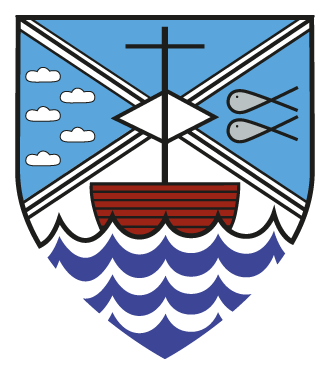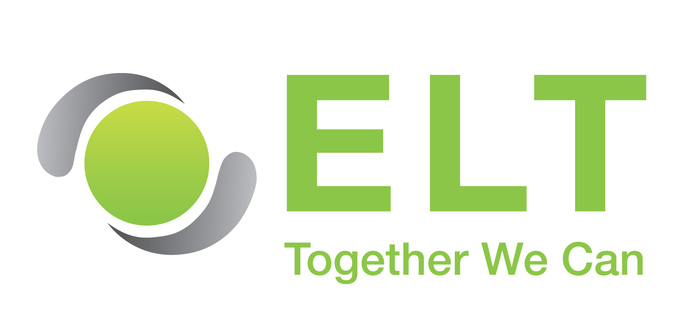Science
"The most important thing is to never stop questioning." Albert Einstein
At St. Andrew’s we expect to develop scientific knowledge and conceptual understanding through the specific disciplines of biology, chemistry and physics. We develop understanding of the nature, processes and methods of science through different types of science enquiries that help them to answer scientific questions about the world around them. We hope to produce pupils who are equipped with the scientific knowledge required to understand the uses and implications of science, today and for the future.
What does out approach to Science look like in the classroom?
Throughout Key Stage 1 science lessons, your child will be learning about the importance of asking questions, gathering evidence, carrying out experiments and looking at different ways of presenting their results. Lessons are practical and will focus on the world around them. In The KS2 Science Curriculum is designed to give children the foundational knowledge required for understanding the world around them and to prepare KS2 children for their secondary education. In order to achieve this, children
- develop scientific knowledge and conceptual understanding through the disciplines of biology, chemistry and physics.
- develop an understanding of the nature, processes and methods of science through different types of scientific enquiries.
- are equipped with the scientific knowledge required to understand the uses and implications of science, today and for the future.
What does success in Science look like?
The study of science at St. Andrew’s is driven for the need for substantive learning (the gaining of scientific facts) in a carefully sequenced manner but also, increasingly as children learn the disciplines of being a scientist. Successful learning is judged by the following methods
- Class observation
- Gathering of pupil voice data
- Book Looks to measure knowledge acquisition
- Quizzes.





